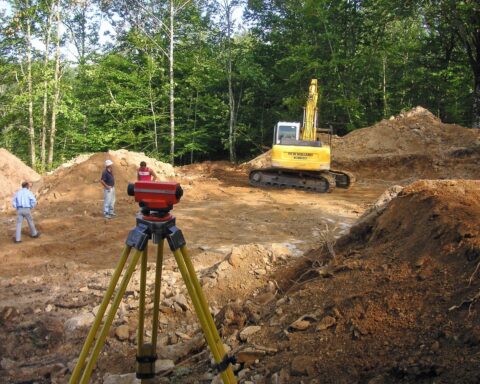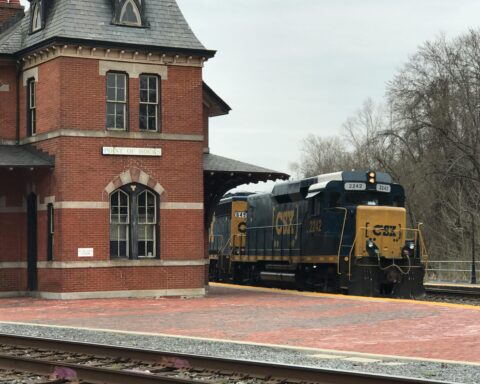Although all states and territories have submitted initial proposals outlining plans for universal high-speed internet, the release of most of the federal funds for the Broadband Equity, Access and Deployment (BEAD) program could still be a year out.
Louisiana remains the lone state with both volumes of its initial proposal approved and can move forward with implementation. In December, the National Telecommunications and Information Administration (NTIA) approved the initial proposal for Louisiana’s Internet for All plan.
The NTIA is overseeing the distribution of $42.45 billion from the Bipartisan Infrastructure Law to all 50 states, Washington, D.C, and five territories to deliver high-speed internet to all communities in the U.S. Funding amounts were released in June, and entities have been creating their initial proposals before they can receive the funds.
The initial proposal includes two volumes, and all states and territories met the Dec. 27 deadline to submit both volumes to the NTIA. The next steps include incorporating any feedback from the NTIA on the volumes and conducting the challenge process. Most of the feedback so far has been ensuring states and territories can meet their goals efficiently, an NTIA spokesperson told Government Market News.
Volume I addresses how states will conduct the challenge process, which allows governments, nonprofits and service providers to challenge whether locations and community anchor institutions, such as schools and libraries, are eligible for BEAD funding. After the NTIA approves Volume I, states can begin the process while waiting for NTIA approval on Volume II, which outlines the state’s objectives for broadband connection and how they plan to award funding and meet other requirements.
Once both volumes are approved, states have one year to submit their final proposal that will detail how states awarded the grant funds to subgrantees. After the final proposals are approved, the NTIA will release the remaining funds, according to the NTIA. Per the NTIA’s sample timeline, most states could receive the bulk of funding by the spring or summer of 2025.
Although the bulk of the BEAD funding is still a year out, many states have already received some funding for administrative and program work, the NTIA spokesperson confirmed.
Louisiana received $30 million in December to put toward workforce training at community and technical colleges in anticipation of installing broadband at more than 200,000 locations throughout the state.
For states that have received approval of Volume I, some are already working on the challenge process.
On Jan. 3, Colorado received approval for its first volume and is still awaiting approval for Volume II. The state opened its challenge portal Jan. 10 through Feb. 9 and expects the NTIA to approve its final list of BEAD-eligible locations in May.
Colorado will receive $836 million from the BEAD program to connect 99% of homes by 2027. The state has also received $113 million from the U.S. Treasury’s Capital Projects Fund program to connect 19,000 homes and businesses with high-speed internet, Gov. Jared Polis said in a Jan. 3 announcement.
Another state underway with its challenge process is Delaware. The NTIA approved its first volume Dec. 28, and the state opens its challenge process Jan. 17-Feb. 16. Delaware Broadband Office officials anticipate releasing the final list of BEAD-eligible locations in April and submitting the final plan by the end of 2024.
All news and information on this site is provided by the team at Strategic Partnerships, Inc. Check out this short 1-minute video that provides a quick overview of how we work with clients.













